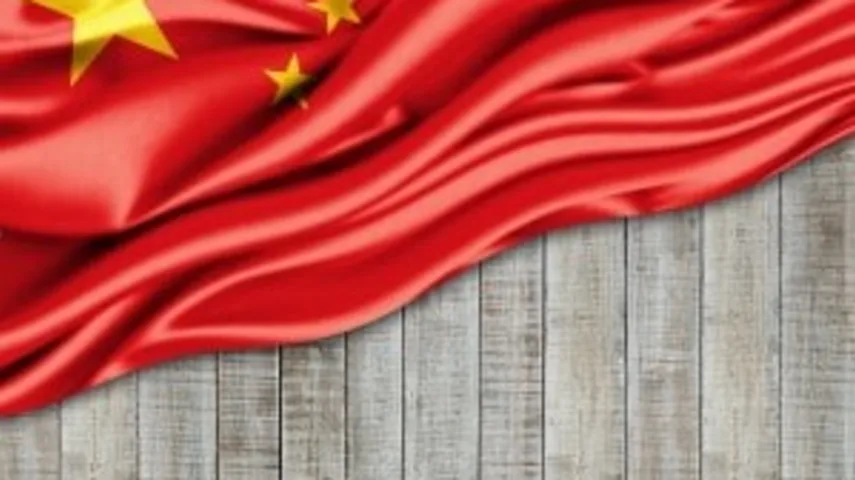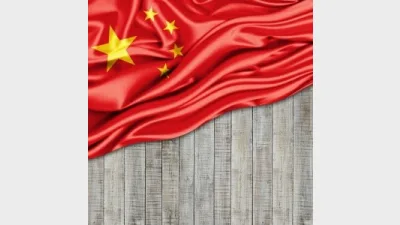Magellan sets fund limit to reduce dominance of Chinese companies



Magellan has implemented risk controls on its Chinese company holdings after being “overconfident” and allowing an allocation in Alibaba to grow beyond 8%.
Writing in his annual investor letter, chair Hamish Douglass admitted it had been a mistake to allow the weighting of the Chinese giant to grow so large in the Magellan Global fund.
The fund had been increasing the weighting beyond 8% in advance of the listing of Ant Financial, Alibaba’s financial arm, but this ended up being pulled in November 2020 after regulatory concerns and the share price fell in response. Earlier this year, Douglass said he was “disappointed” as Magellan had been poised to be the 12th largest shareholder in the newly-listed firm.
However, it had taught him a lesson in risk management, he said, and Alibaba was now a 4.8% position while rival Tencent was a 4.5% weighting.
“I made a risk management mistake in allowing our holding in Alibaba to grow via a higher share price to more than 8% of the portfolio. There are times when we hold such conviction in a position that such an allocation is entirely sensible but the main reason I didn’t trim the Alibaba holding prior to the Ant initial public offering was because reducing our holding might have diminished the chance of securing a decent allocation in the listing,” Douglass said.
“At the same time, Alibaba was performing strongly from an operational perspective and we assessed the stock to be undervalued. The plan at the time was to gain a holding in Ant before trimming the Alibaba holding to a more moderately sized position. In hindsight, this was a mistake and was likely due to overconfidence and confirmation bias.”
The firm had now implemented risk controls that set a maximum position size for Chinese companies and certain other technology companies. The Magellan Global fund had 13% currently allocated to China and 27% allocated to internet and e-commerce.
Meanwhile, Sunny Bangia, portfolio manager at Antipodes, said the largest Chinese exposure in the Antipodes Global fund was a 2.6% weighting to Tencent. Chinese and Asian equities were also regularly stress tested against existing and new risks including Chinese regulatory and geopolitical risks, he said.
Recommended for you
LGT Wealth Management is maintaining a neutral stance on US equities going into 2026 as it is worried whether the hype around AI euphoria will continue.
Tyndall Asset Management is to close down the Tyndall brand and launch a newly-branded affiliate following a “material change” to its client base.
First Sentier has launched its second active ETF, offering advisers an ETF version of its Ex-20 Australian Share strategy.
BlackRock has revealed that its iShares bitcoin ETF suite has now become the firm’s most profitable product line following the launch of its Australian bitcoin ETF last month.












